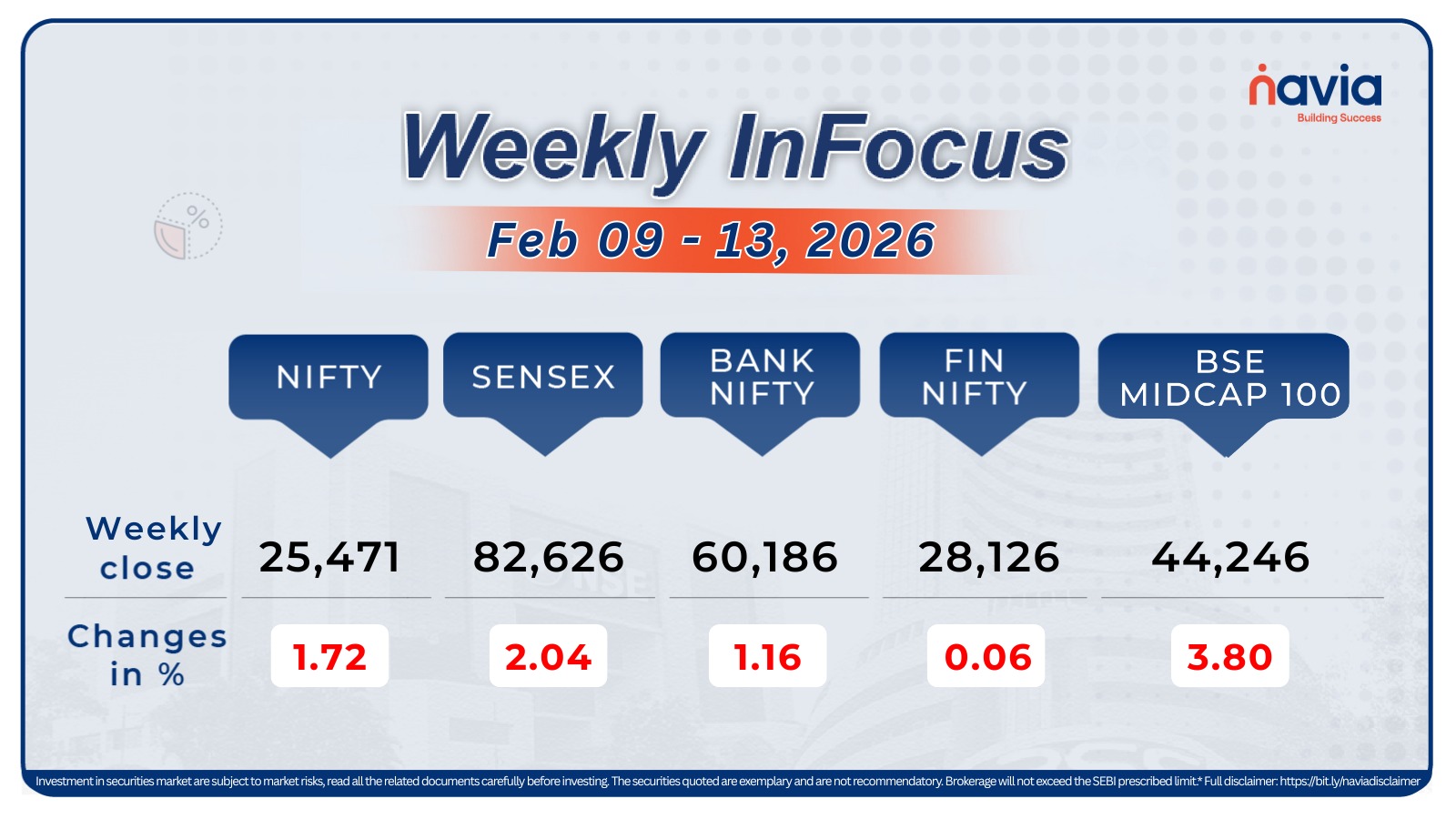Using Short-Term Capital Losses to Reduce Long-Term Capital Gains Tax

Yes, you can use short-term capital losses (STCL) to offset long-term capital gains (LTCG) and reduce your tax liability. In India, the Income Tax Act allows for such adjustments, enabling taxpayers to manage their capital gains tax more efficiently.
Key Points:
1. Short-Term Capital Loss (STCL): Occurs when a capital asset held for less than 12 months is sold at a loss.
2. Long-Term Capital Gain (LTCG): Arises when a capital asset held for more than 12 months is sold at a profit.
3. Set-Off Provisions:
● STCL can be set off against both STCG and LTCG.
● Long-Term Capital Loss (LTCL) can only be set off against LTCG.
Illustrative Example
Let’s consider a scenario where an investor has both long-term capital gains and short-term capital losses in a financial year.
| Particulars | Amount (₹) |
| Long-Term Capital Gains (LTCG) | 2,00,000 |
| Exemption on LTCG | 1,25,000 |
| Taxable LTCG | 75,000 |
| Short-Term Capital Loss (STCL) | 50,000 |
| Net Taxable LTCG after STCL Set-Off | 25,000 |
| Tax Rate on LTCG (12.5%) | 3,125 |
Benefits of This Strategy:
By setting off the short-term capital loss against the taxable long-term capital gains, the investor reduces the taxable amount from ₹75,000 to ₹25,000, thereby lowering the tax payable from ₹9,375 to ₹3,125.
Carry Forward of Unadjusted Losses:
If the short-term capital loss exceeds the taxable long-term capital gains, the unadjusted loss can be carried forward to subsequent years (up to 8 assessment years) to offset future capital gains.

Important Considerations:
🔸 Ensure that the income tax return is filed before the due date to avail the benefit of carrying forward losses.
🔸 Maintain accurate records of all transactions to substantiate claims during tax assessments.
By effectively utilizing short-term capital losses to offset long-term capital gains, taxpayers can optimize their tax liabilities and enhance post-tax returns on their investments.
Do You Find This Interesting?
DISCLAIMER: Investments in the securities market are subject to market risks, read all the related documents carefully before investing. The securities quoted are exemplary and are not recommendatory. Brokerage will not exceed the SEBI prescribed limit.






